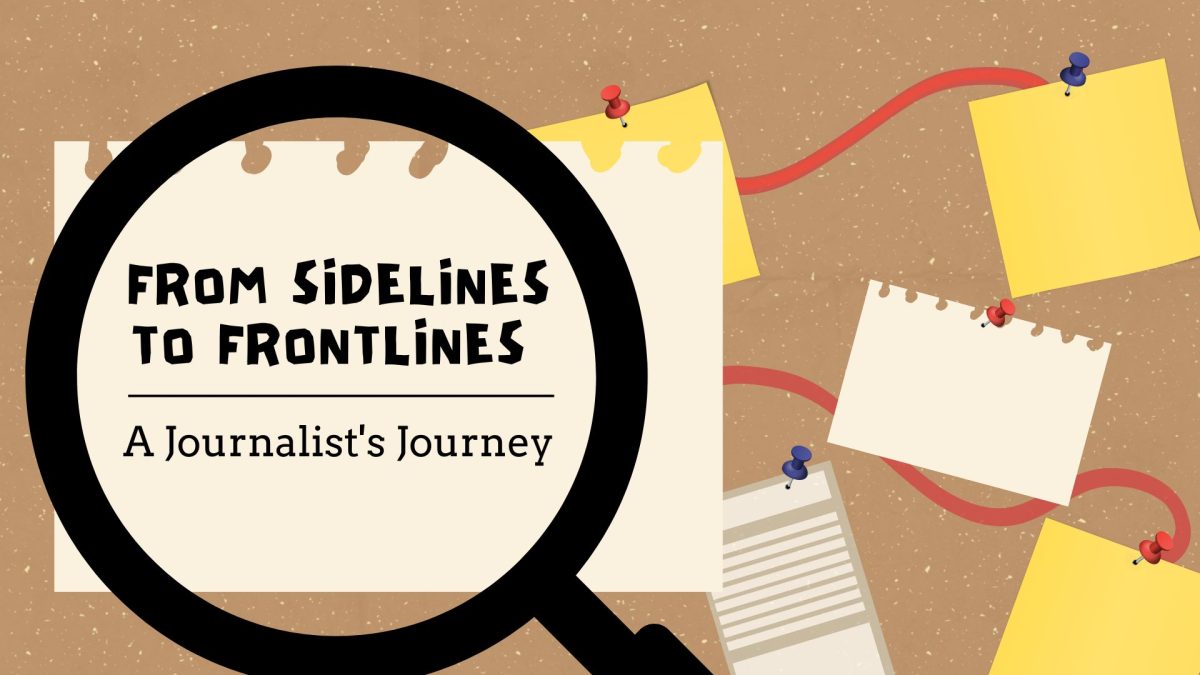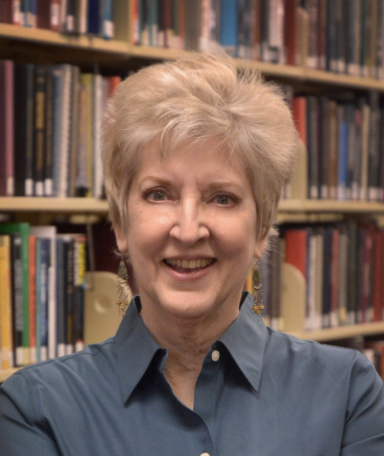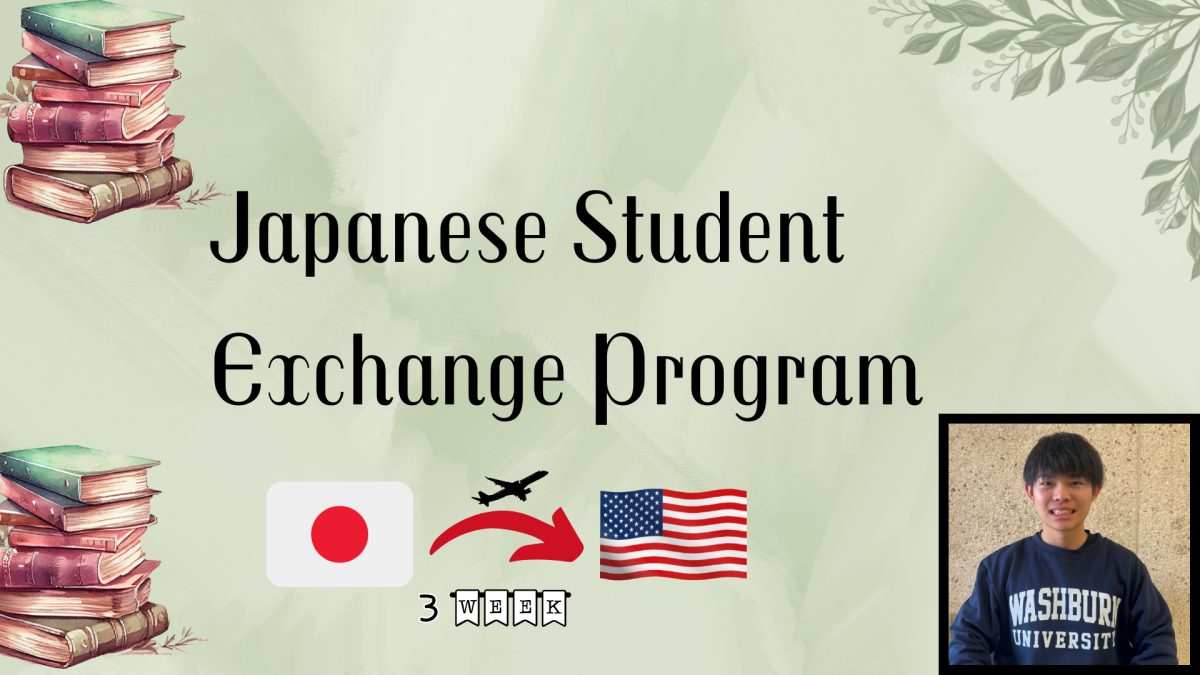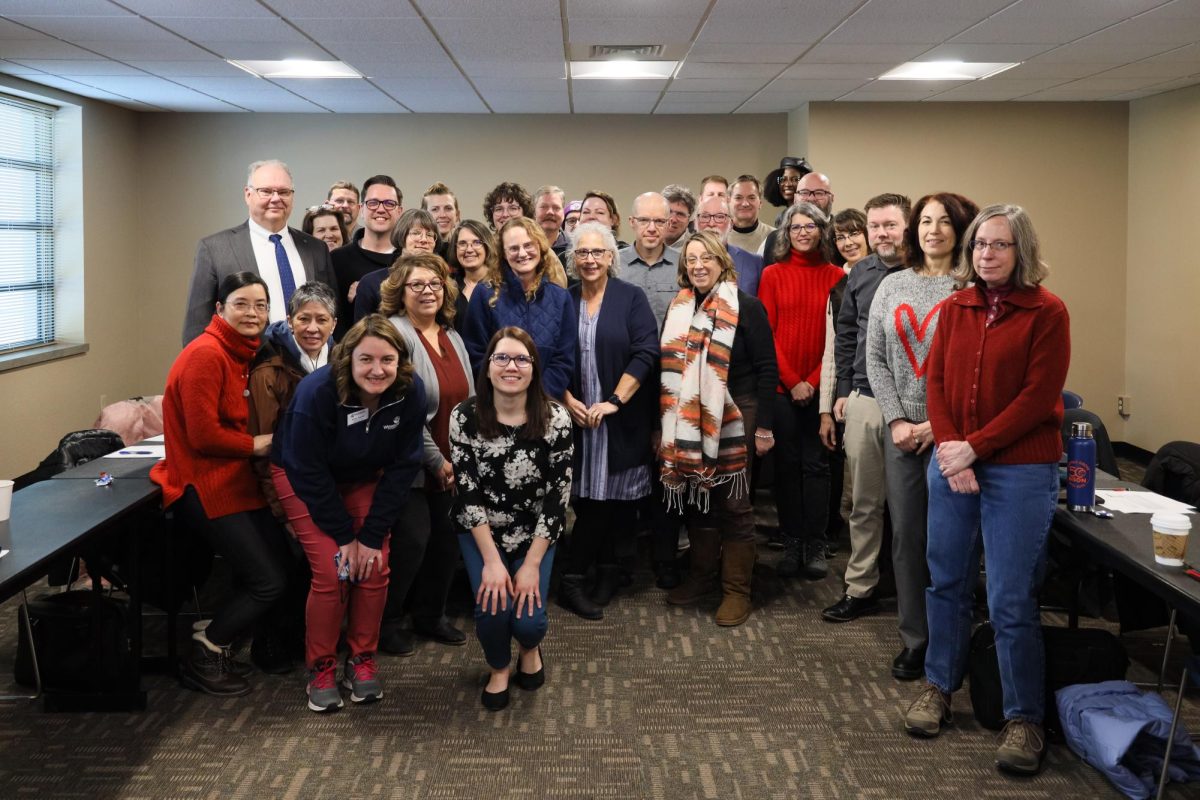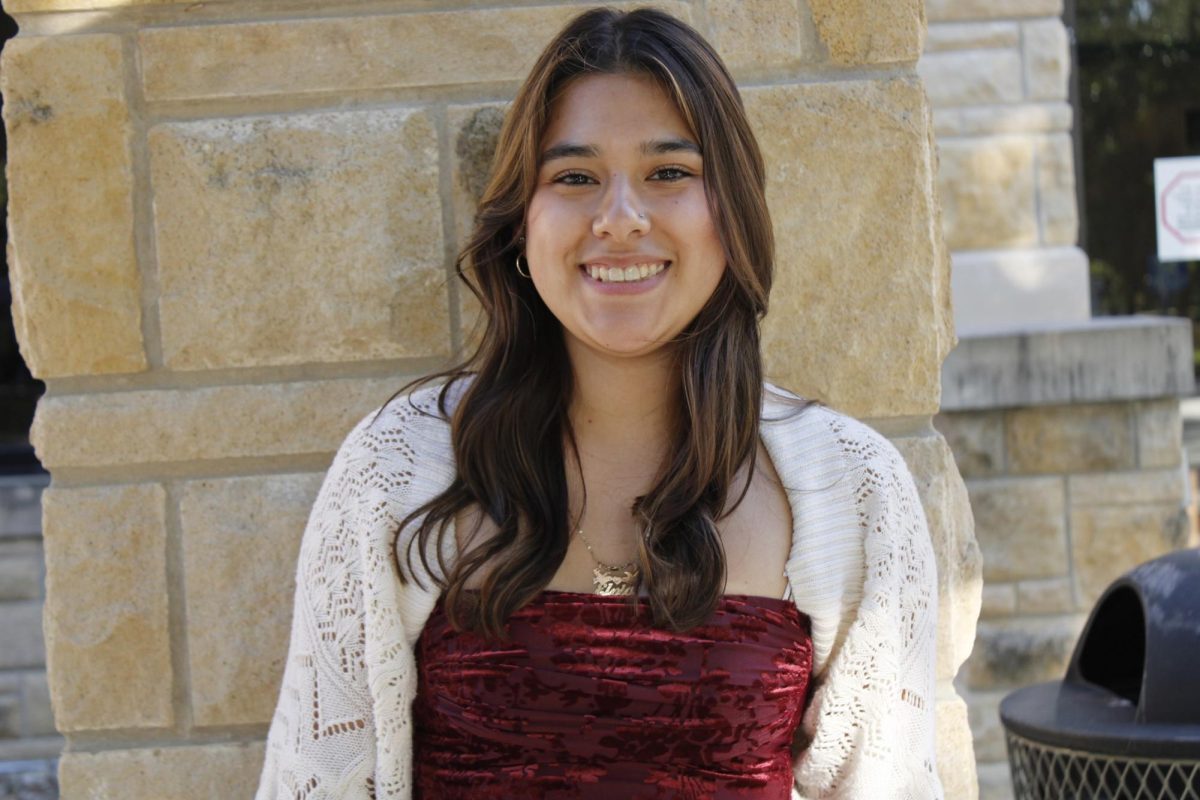Imagine the roar of the crowd, the thrill of the game, and the voice that brought every moment to life on paper. Now, picture that same person uncovering hidden truths and exposing the stories that matter most.
With a mass communications bachelor’s degree from our esteemed university, 2009 alumnus Corey Jones transitioned from the excitement of sportscasting to the relentless pursuit of investigative journalism. Today, Jones is a watchdog reporter on Lee Enterprise’s Public Service Journalism Team.
Jones’ journey is anything but ordinary. Known for his charismatic commentary and sharp insights about the field, Jones captivated audiences with every play-by-play. But behind the pen, a deeper passion was brewing—a drive to dig deeper, ask tougher questions, and shine a light on the stories that often go untold.
To celebrate Scholastic Journalism Week, themed “Power of the Press,” we recognize the vital role of journalism in our society. This week is dedicated to honoring the freedom of the press and the essential work of journalists who keep the public informed and hold power to account.
Growing up in Kansas and attending Seaman High School in Topeka, Jones was deeply involved in the school newspaper, The Clipper. From sports writing to becoming the editor-in-chief, Jones’ passion for journalism was evident early on. In addition to print journalism, Jones also participated in a high school TV news show, gaining experience in multimedia reporting.
As a junior in high school, Jones landed a part-time job at the Topeka Capital-Journal, where he worked as a sports clerk and desk staffer, gaining professional experience in sports journalism by answering calls, typing in box scores and editing pages. He continued in this role until he was hired full-time by the Capital Journal after his college graduation. This hands-on experience solidified Jones’ love for journalism, even as sports remained a significant passion. At the high school and college levels, Jones was actively involved in writing and page design, enjoying the creative process and the thrill of storytelling.
Sports have always been a passion for Jones, though the intensity has waned over the years. Growing up, sports were a major part of life, but now they serve more as a hobby and a passion rather than a job. Jones finds news reporting to be more rewarding than sports reporting, appreciating the deeper impact and significance of uncovering important stories. The shift from sports to news reporting brought a new dimension to Jones’ career, blending passion with purpose.
Eager to sharpen his journalism skills, Jones pursued a mass communications degree at Washburn University. However, breaking into sports journalism was harder than expected. The only job available at the Topeka Capital-Journal was in news—a whole new territory for him. The pressure to publish stories quickly was intense.
“I wanted a sports job, but it didn’t work out,” Jones said. “The news position at Topeka Capital-Journal felt completely out of my element. One of my early articles was published before I was comfortable, resulting in several corrections. It was a humbling and enlightening experience.”
This highlighted the importance of accuracy and thoroughness in journalism.
For Jones, this humbling experience underscored the necessity of precision in journalism. Shifting from sports to news reporting required grasping institutional structures and government functions—a far cry from the known sports field. Jones embraced the task, asking probing questions, doubting established norms and staying curious. He shares, “You learn fast in this field to dot your I’s and cross your T’s. Covering sports was familiar terrain, but news reporting, especially on government workings, was foreign to me as a new reporter. Hence, ask questions, scrutinize everything and always learn.”
Currently, Jones is a watchdog reporter for Lee Enterprise’s new Public Service Journalism Team. During the COVID-19 crisis, he took on the role of lead pandemic reporter for Tulsa World. In the absence of a dedicated health or science reporter, Jones filled the gap, providing essential information to the community. His dedication was acknowledged with the Paragon Award from Leadership Tulsa, honoring his exceptional work in keeping the community informed. This recognition was especially meaningful as it came from a leadership organization that valued his efforts rather than a traditional journalism accolade.
Jones’s journey exemplifies his dedication and adaptability. Starting with daily news coverage, he shifted to in-depth investigative reporting, particularly during the pandemic. Despite the challenges of rapidly changing data and the crisis’s overwhelming nature, his efforts to keep the community informed were widely recognized and appreciated. Feedback from readers via email, phone calls and social media underscored the significance of his work in helping people make informed decisions during a difficult time.
Reflecting on his journey, Jones recognizes the growth and learning from transitioning from sportscasting to investigative journalism.
“In the early days, every reporter covered COVID within their beat as everything shut down. It was new. Everyone was trying to figure out our new normal,” Jones said. “Eventually, other reporters went back to their usual beats, focusing less on COVID news. But I kept running with it. Covering the pandemic, managing rapidly changing data, and handling the emotional toll of the crisis has shaped me professionally and personally.”
His dedication to making a positive impact through journalism—by both holding people accountable and informing the public—continues to drive his career.
To those pursuing journalism, Jones’s advice is simple: “Just go out and do it.” He highlights the importance of gaining experience. Read widely, critique your own work and talk with editors to deconstruct and improve your writing. It’s crucial to step out of your comfort zone; covering varied topics will aid your growth.
When Jones moved to Tulsa, he didn’t expect to cover earthquakes. However, by delving into the subject, consulting experts and engaging in extensive reading, he became well-versed.
“You might not know everything at first, but by doing it and learning along the way, you’ll become an expert. Keep pushing yourself and never stop learning,” Jones said.
Jones’s journalism journey has been marked by significant experiences. His willingness to step out of his comfort zone and continuously learn has been a cornerstone of his success. In his final thoughts, Jones underscores the crucial role of journalism and storytelling in society. He believes journalism is not just about reporting facts but also about connecting with people, understanding their stories, and conveying them in a way that informs and inspires others. Jones stresses the idea that journalism is a powerful tool for change and understanding.
He leaves aspiring journalists with this empowering message: “You might not know everything at first, but through doing and learning along the way, you’ll become an expert. Keep pushing yourself, embrace every challenge and never stop learning.”




